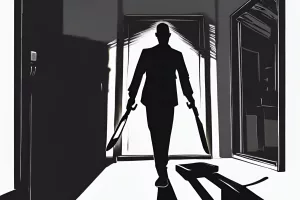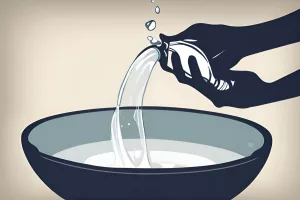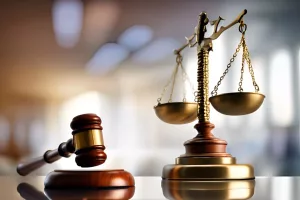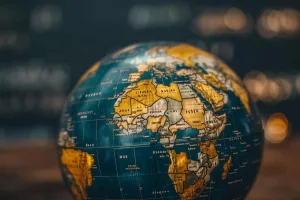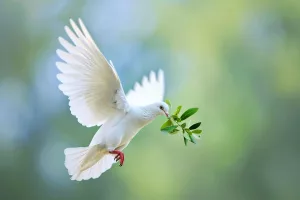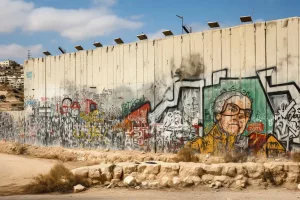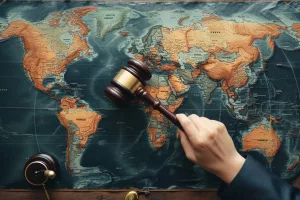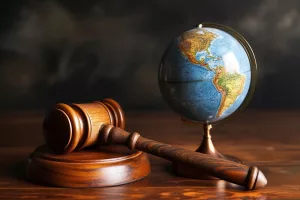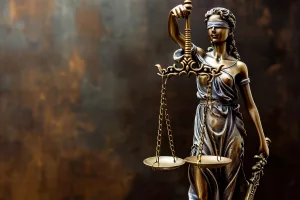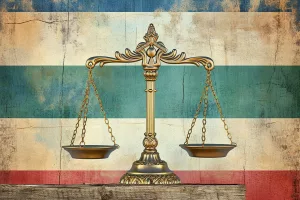The International Court of Justice (ICJ) has made a powerful statement that countries must legally cut greenhouse gas emissions and protect the environment. This decision, sparked by island nations facing rising seas, turns climate goals like those in the Paris Agreement into binding duties. The ICJ stresses that countries must work together, seeing environmental care as part of protecting human rights. While the ruling isn’t legally binding, it strengthens global pressure on governments to act fast and fairly to save our planet.
South African Ministers Aaron Motsoaledi and Naledi Pandor have reported receiving death threats, with Motsoaledi receiving six to eight threatening calls per day from an unknown individual. The reasons behind the threats remain unclear, but they come in the wake of South Africa’s legal proceedings against Israel at the International Court of Justice. The incidents highlight the potential risks faced by public servants involved in international affairs of significant consequence.
“South Africa Seeks Assistance from International Court of Justice Amidst Gaza Catastrophe”
South Africa has made a plea to the International Court of Justice to take urgent action against Israel due to the unbearable conditions in Gaza caused by their offensive. The United Nations has warned of an impending famine, and civilians have turned to pillaging food aid trucks. South Africa’s petition seeks an end to hostilities, release of captives, termination of Israel’s blockade, and delivery of emergency aid to mitigate the deepening humanitarian crisis. The ICJ’s response could establish a benchmark for future international interventions in similar crises.
The outcome of the case, to be decided by the International Court of Justice, could have significant implications for South Africa’s global reputation and redefine the approach to human rights violations. The highly anticipated verdict, set to be announced on January 26, 2024, has the potential to impact various domains, including legal, political, and humanitarian. Regardless of the outcome, the case marks a growing openness of nations to interact with international institutions in the pursuit of justice.
South Africa has made serious allegations against Israel at The Hague’s International Court of Justice, sparking global discussions about justice, human rights, and international law. The case, which is complex and controversial, has generated a range of emotions and opinions in the public sphere, including debates about historical instances of genocide and oppression and the effectiveness of international law. Regardless of the outcome, South Africa’s boldness to take a stand for justice inspires hope for a more equitable world and reflects the intricate nature of contemporary times.
South Africa has taken a bold legal move against Israel for alleged war crimes, exhibiting its unwavering dedication to justice and democracy. This audacious undertaking mirrors Nelson Mandela’s principles and stands as a testament to the nation’s resilience and unwavering commitment to justice. South Africa’s case was both compelling and emotional, spotlighting the harsh reality of Gaza, where indiscriminate violence has led to the loss of thousands of civilian lives. Despite potential diplomatic repercussions, South Africa’s legacy of resisting oppression, giving voice to the voiceless, and upholding justice persists.
A massive rally was held at Cape Town’s Sea Point Promenade as a part of the Global Activism Day for Palestine, demanding an immediate truce in Gaza. The event was organized by Palestine Solidarity Campaign and featured distinguished speakers advocating for a ceasefire. Similar protests were held in 66 cities across at least 36 countries, representing a united front of global voices calling for an end to the conflict. The rally was decorated with roses and symbolic watermelons, and participants waved Palestinian flags.
South Africa is preparing to battle Israel in the International Court of Justice, aiming to force Israel to cease its military operations in Gaza, which the South African government has called “genocide.” The legal team, referred to as the “Ateam,” includes top legal minds with expertise in international law and a flair for presenting compelling arguments in court. This case has deep historical and political ties to the Palestinian cause and has implications for South Africa’s global standing and internal political dynamics. While the case could potentially boost South Africa’s reputation among its allies, enforcing the ICJ’s rulings may pose a challenge.
South Africa has accused Israel of committing acts of genocide against Palestinians and has brought the case before the International Court of Justice (ICJ). The legal proceedings may take years, but interim measures are being pursued, with preliminary hearings set for January 11 and 12. The case is based on the 1948 Convention on the Prevention and Punishment of the Crime of Genocide and emphasizes South Africa’s commitment to uphold the universal right against genocide. Israel has rejected the claim and is expected to strongly contest it.
South Africa has taken Israel to the International Court of Justice (ICJ) over allegations of genocide in Gaza. A hundred people gathered outside the Western Cape High Court to show their support for South Africa’s legal representatives in The Hague. Attendees included representatives from several civil society organizations, with a history of campaigning for justice, and supporters of different religions, social classes, and races. The case at the ICJ is a landmark one and a collective protest of numerous oppressed communities worldwide.
South African Minister of Justice and Correctional Services, Ronald Lamola, delivered a passionate speech at the International Court of Justice in The Hague, emphasizing the nation’s commitment to justice, fairness, and human rights. He invoked the memory of Nelson Mandela and discussed South Africa’s balanced stance on the IsraelPalestine conflict. The legal team assembled to plead South Africa’s case reflects the nation’s dedication to justice and human rights. Minister Lamola’s speech reflects the spirit of a nation that consistently strives to uphold its values and principles on the global stage.
South Africa has taken Israel to the International Court of Justice, accusing it of genocide against Palestinians. Four of South Africa’s top lawyers, including Tembeka Ngcukaitobi and John Dugard, will represent the nation’s case. The landmark case highlights the importance of legal expertise in addressing global issues and has the potential to shape the future of international law and human rights, with the world watching closely.


